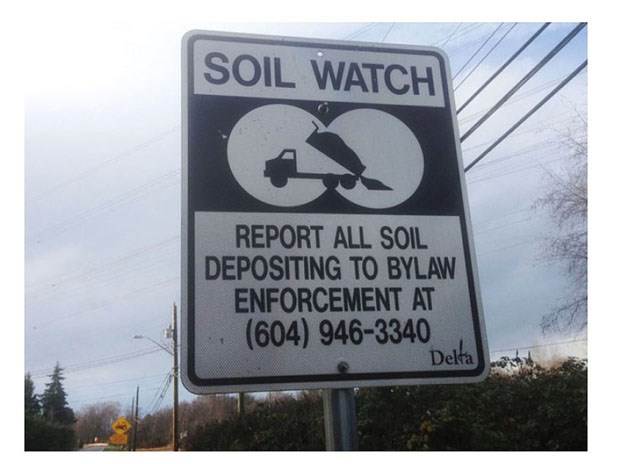It’s going too far.
That’s how Delta Farmers’ Institute president Peter Guichon describes the possibility of the provincial government spying on farms with satellite technology
The B.C. government reportedly was looking into having a U.S.-based space technology company see if satellites can assist with monitoring and regulatory oversight of the Agricultural Land Reserve.
A notice of intent on BC Bid outlined a plan to contract with MDA Systems Ltd. to provide detection services, a joint pilot project with the provincial Agricultural Land Commission.
As soon as that story broke, though, Agriculture Minister Lana Popham last week said her ministry would pull back on the $700,000 contract moving forward, for now, noting more work needs to be done, including hearing from those concerned.
Guichon said he’d prefer the project remains dead in the water.
“I can’t believe they’d even be considering such as thing. The government and ALC are really going too far against farmers. It’s a Big Brother thing.”
Local farmers and governments have a good handle on who is doing what on farmland, he said.
Guichon noted Delta has enacted a number of measures to stop illegal fill and other activities taking place, while farmers are also keeping an eye out.
Four years ago, the city enacted new regulations for deposit permits, placing the onus on property owners to maintain a log of trucks coming and going. A bylaw officer maintains a log when watching the property from a distance, and then goes to the site to ensure those licence plates are on the log the property owner has maintained.
The fine for not having a dump truck registered on the log is $500 per truck.
The regulation was the latest in a series of moves by Delta over the past few years.
In fall 2014, Delta council approved tougher legislation to regulate soil removal and deposit activities on farmland. The move was made in response to continued concerns about fill, including asphalt and concrete, being dumped on good agricultural land.
The legislation is supported through monitoring, by land and air, by Delta staff as well as a Soil Watch program in which area farmers act as Delta's eyes and ears.
That was the year Delta was finally able to halt dumping activity taking place at Princess Farms on 104th Street in East Delta, a contentious property that is now the subject of legal action launched by the city and Metro Vancouver.
Three years earlier, Delta first took tougher measures against the dumping of fill or contaminated soil on farmland with a bylaw requiring a permit before material can be trucked in.
A staff report at the time noted, "The cumulative effect of these fill operations is to gradually erode the agricultural land base as a prime topsoil is covered over with less fertile subsoil (often mixed with poor quality material such as construction waste)."



